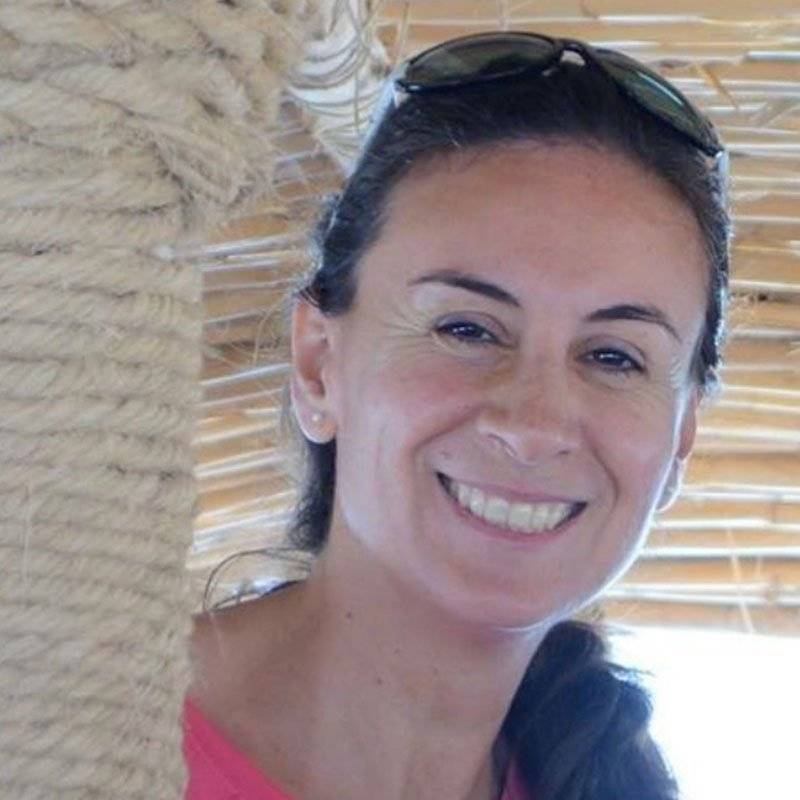One of the most insidious tactics employed by Israeli authorities in their plan to control Gaza and its cities is the concept of “safe zones”. While the purported intention is to protect civilians, these zones are often depicted as a façade for erasing the Palestinian presence through violent means. The illusion of respect for human rights is used to mask the true intent of these policies. Promoted as havens from ongoing violence, these zones often become targets themselves, leading to increased displacement, destruction and loss of life.
The notion of safe zones in conflict areas like the Gaza Strip, as promoted by Israeli authorities, ostensibly aims to provide civilians with a haven from the ongoing violence. However, the reality is starkly different. These zones frequently become targets, exacerbating the humanitarian crisis. According to international humanitarian law, the protection of civilians during armed conflicts is paramount. The Fourth Geneva Convention outlines the responsibilities of warring parties to ensure the safety and well-being of unarmed civilians. The failure to protect these zones raises serious legal and ethical questions about the conduct of military operations and the genuine commitment to humanitarian principles.
OPINION: Israel’s AI-powered genocide of the Palestinians
Reports from the International Rescue Committee (IRC) highlight that the escalation of hostilities in Rafah, a so-called safe zone, has resulted in significant civilian casualties, increased toll of death and widespread destruction. In Gaza, these zones have proven to be anything but safe. The military strategy, combined with constant shelling and forced relocations, mimics the violence depicted in video games, where civilians are moved and then targeted as if controlled by a remote.
The human cost
There is no safe place in Gaza, as reported by UN officials and local residents who continuously lose family members while fleeing from one place to another. Rafah, in the southern part of the Gaza Strip, has become a symbol of the tragic reality of these safe zones. The area has been subjected to relentless shelling and bombings, turning supposed sanctuaries into scenes of devastation. Reports from Doctors Without Borders (MSF) describe the dire conditions in Rafah, where displaced people navigate between destroyed buildings and temporary tents in these so-called safe zones. This destruction displaces families repeatedly, eroding any semblance of stability and safety.
In particularly harrowing accounts, makeshift tented areas have been burned by constant shelling in Rafah. Families have been caught in these attacks, illustrating the stark illusion of safety that these zones are supposed to provide. Instead, they often become epicenters of conflict, exposing civilians to further harm.
Despite a growing populist movement recognising the misleading narrative of Israeli policies, the international community’s response to the crisis in Gaza has been criticised for its ineffectiveness and passivity. Human Rights Watch (HRW) has labeled Israeli policies towards Palestinians as crimes of apartheid and persecution, calling for greater accountability and action from global powers. Despite these condemnations, there remains a stark lack of enforcement of international laws and conventions designed to protect civilians in conflict zones.
This lack of action has fostered a sense of complicity among the international audience. The silence and inaction of many nations and organisations allow the violence to continue and contribute to growing resentment and hatred among those affected. The sight of burned camps in Rafah and the cries of those who have lost everything serve as poignant reminders of the human cost of this conflict and as seeds of a hating generation to all those who failed to reach out with help to save them out.
OPINION: Biden’s road map basically signals the Zionist entity’s defeat
The ‘fait accompli’ strategy
The “fait accompli” strategy employed by Israel in Gaza and the broader Palestinian Territories since 1948 represents a systematic approach to altering the demographic and political realities on the ground. This method establishes and enforces new realities that perpetuate the systemic disenfranchisement and displacement of Palestinians. This strategy contributes to a continuous genocide against the Palestinian people.
By systematically displacing Palestinians and destroying their homes and communities, the Israeli state is effectively erasing the Palestinian presence in certain areas. This gradual process of removal can be seen as a form of cultural and demographic genocide. The ongoing Occupation and accompanying policies result in severe human rights abuses. The denial of basic rights such as freedom of movement, access to healthcare, education and adequate living conditions constitutes an assault on the fundamental human dignity of Palestinians. The continuous state of insecurity and trauma of displacement have profound psychological impacts on Palestinian communities, further eroding their humanity.
The devastation and trauma experienced by the Palestinian people in Gaza are not just immediate consequences but also seeds for future conflict. The anger and hatred borne out of these experiences are directed not only at Israel but also at those perceived to be complicit through their silence and inaction. This cycle of violence and resentment poses a significant challenge for any future peace efforts.
The narrative of safe zones being places of refuge has been shattered by the reality of war. The international community must recognise this and take more decisive action to protect civilians and address the underlying causes of this protracted conflict. It is imperative to acknowledge that the over two million people in Gaza are real humans, not animated characters in a video game, and cannot continue to endure these inhumane living conditions. Immediate and humane action is necessary to address this destructive and genocidal war.
OPINION: The end of an era: pro-Palestine language exposes Israel and Zionism
The views expressed in this article belong to the author and do not necessarily reflect the editorial policy of Middle East Monitor.


![Palestinians with their packed belongings, continue to flee from the eastern neighbourhoods of the city due to ongoing Israeli attacks in Rafah, Gaza on May 8, 2024 [Ali Jadallah - Anadolu Agency]](https://i0.wp.com/www.middleeastmonitor.com/wp-content/uploads/2024/05/AA-20240508-34499180-34499174-PALESTINIANS_LEAVE_THEIR_HOMES_AFTER_INCREASING_ISRAELI_AIRSTRIKES_IN_RAFAH-scaled.jpg?fit=1200%2C800&ssl=1)








